Choosing JD Vance as his running mate is Donald Trump’s first big mistake in this 2024 election

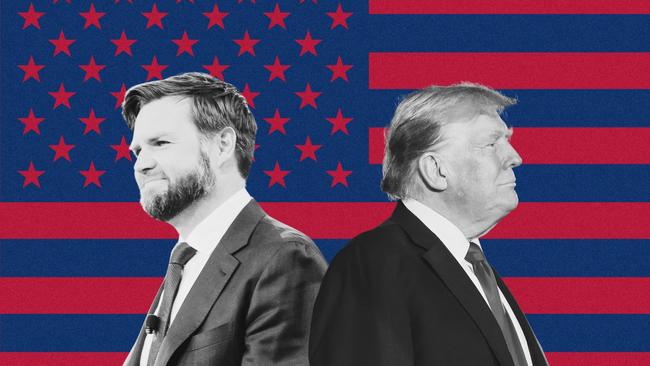
Don’t get me wrong. Vance is a formidable guy and the author of a truly brilliant memoir, Hillbilly Elegy.
But while he marginally amplifies Trump’s message to his base, Vance does not do a lot of the things a candidate normally wants a running mate to do, things which Mike Pence did superbly for Trump in 2016.
First, Vance is very young, at 39. Given Trump’s age, 78, there’s a significant chance that he won’t be able to finish his presidential term and Vance would become president.
He’s very, very young to shoulder that responsibility.
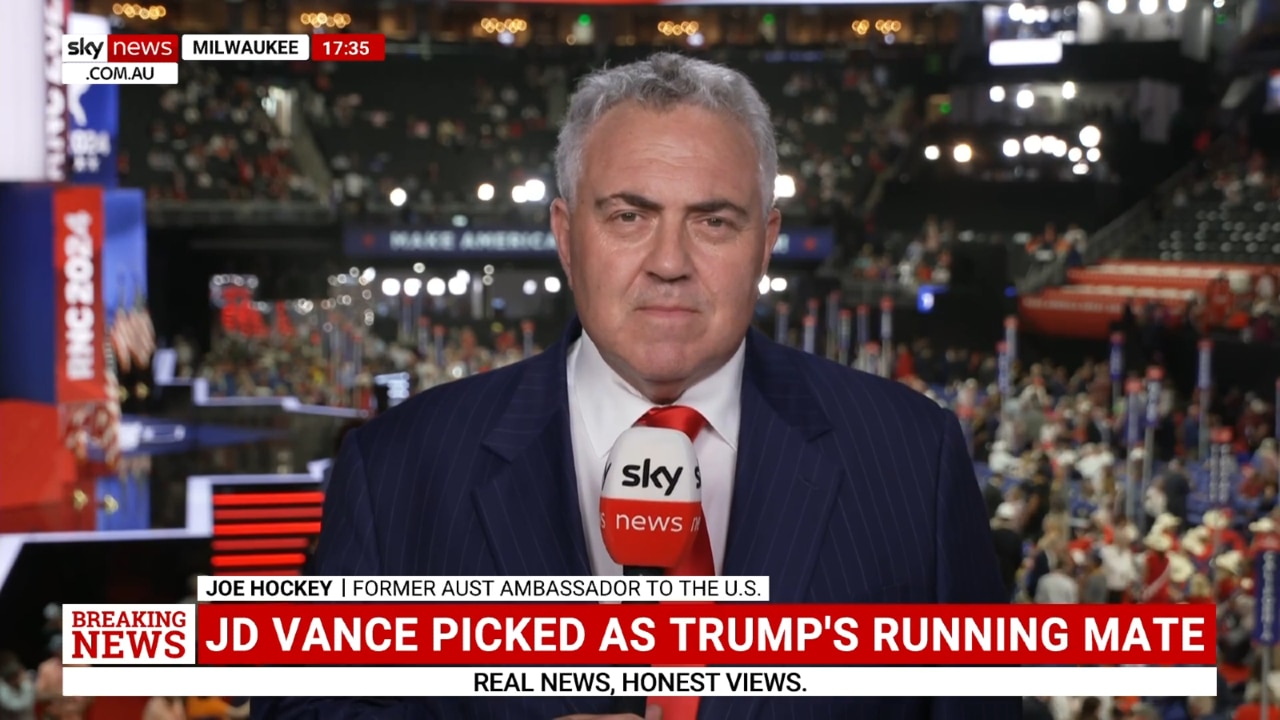
Much more importantly, he has no executive experience. He’s never run anything, not a branch of government nor a big company.
Pence in 2016 had been a successful governor of Indiana. Presidents and Vice Presidents are often drawn from the ranks of governors – think Ronald Reagan, Bill Clinton, George W. Bush and lots of others – because they’ve shown they’ve shown they can run a government.
Trump’s choice is probably a sign of great self confidence on Trump’s part.
But over confidence is very dangerous for Trump.
The assassination attempt on Trump has surely strengthened his candidacy. But the election is far from done and dusted. The polls are actually still relatively close, although Trump is clearly ahead.
With the actual election still months away, the only person who could surely beat Trump from here is Trump himself, with either ill discipline, something outlandish or strange, or over confidence.
Vance is also at the most combative end of the Trump continuum. The other Vice Presidential possibilities – Florida Senator Marco Rubio and Governor Doug Burgum – are more moderate in manner and substance.
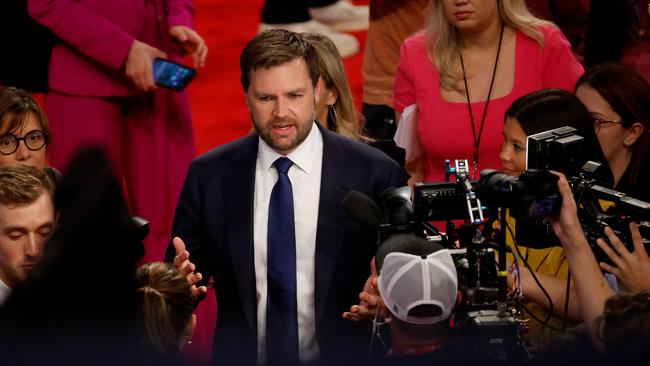
Rubio is a foreign policy hawk but has a traditional Republican’s view of the importance of alliances and America’s global role.
Burgum is a successful governor of North Dakota and economic policy is his strong suit.
They had both pledged their loyalty to Trump and were prepared to support all his policies.
But every successful presidential campaign is a coalition. Rubio and Burgum would each extend Trump’s coalition. At the same time, they would reassure centrist and independent voters, who still harbor doubts about Trump, that the ticket is stable, sensible and reliable.
Vance is instinctively much more on the isolationist wing of the Trump movement.
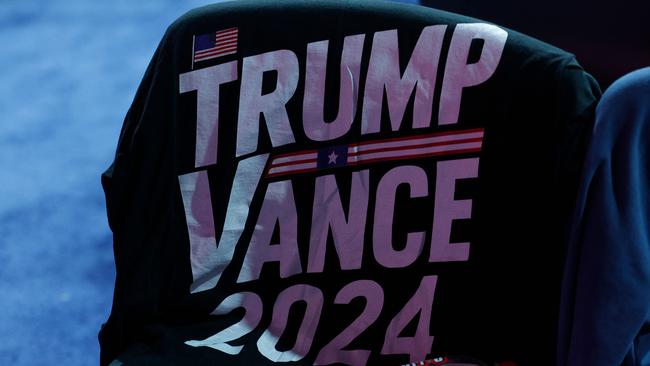
Nor does Vance have a great record as a vote winner, although the Trump campaign says he can help in the mid-west and in western Pennsylvania.
But as a vote winner, Vance is a little bit like a Republican version of Kamala Harris.
He won his Senate race in Ohio relatively narrowly, certainly by a smaller margin than other Republicans in state wide contests.
Having said all that, Vance is immensely articulate. He is the only person on either ticket who has military experience, having served as a marine, although Trump now has overcome any military deficit because of the assassination attempt.
Trump can truly say he took a bullet for his country.
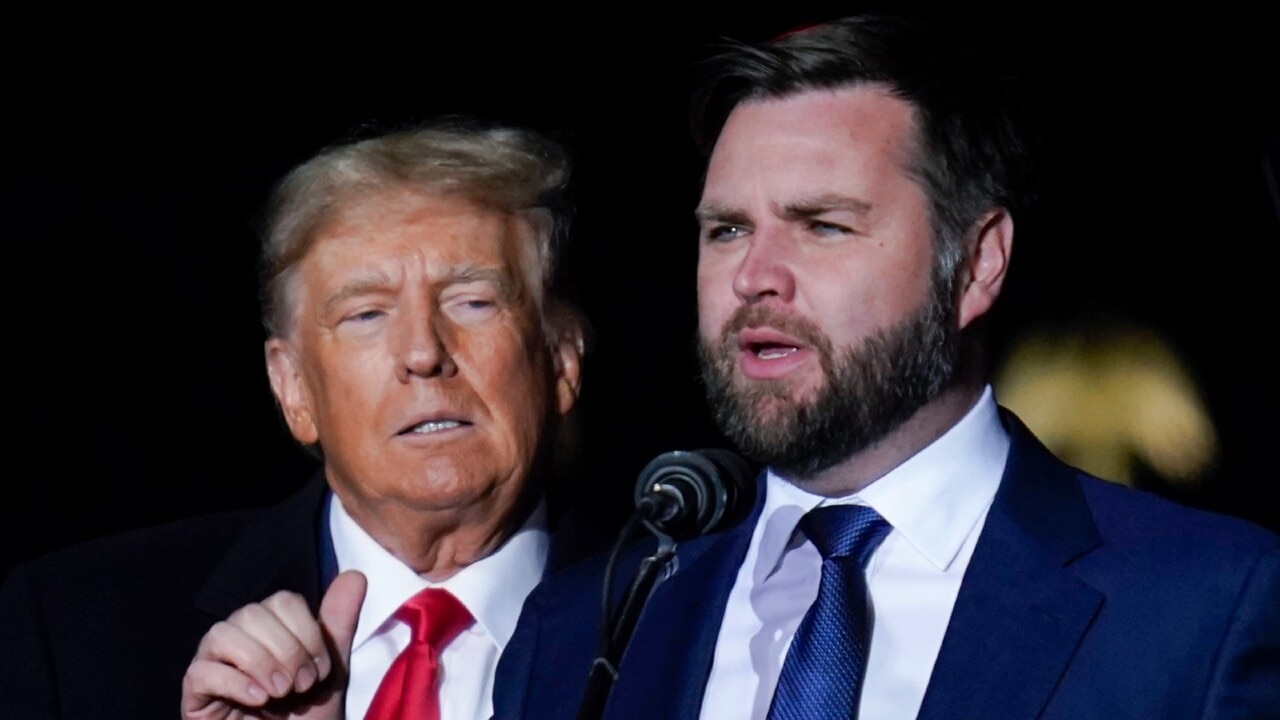
Vance is no disastrous choice. Nor does he do the things which a VP candidate normally can do for a presidential candidate.
Vance also has a tendency for intemperate rhetoric, which is not necessarily as valuable as it once was.
Pence, much less flamboyant than Vance, was a brilliant choice in 2016.
It’s by no means clear that Vance is as good for Trump.





In choosing the 39-year-old JD Vance as his vice presidential running mate, Donald Trump may have made his first big mistake in the presidential campaign.